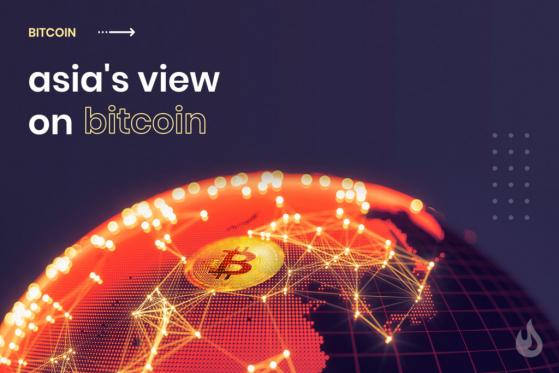- The Japanese government was the first to recognize the legality of crypto assets such as Bitcoin.
- South Korean investors have turned to Bitcoin in the face of political instability
- China accounts for over 60% of the global hash rates for Bitcoin.
Despite increasing government pressure, China remains a leading nation in the Bitcoin ecosystem.
China
China’s relevance in the growth of the crypto industry cannot be overemphasized. Even now, China stands as a colossus amongst nations despite a lack of government support and even crackdown from government agencies.
China accounts for over 60% of the global hash rate for Bitcoin and 60% of all Bitcoins in circulation were mined in China. China has seen the establishment of some of the largest crypto startups in the world and has produced several Bitcoin billionaires such as Jihan Wu and Micree Zhan, founders of Bitmain.
Since 2009, Chinese authorities have not regulated Bitcoin and cryptos and thus, a thriving ecosystem was established with ICOs, mining, crypto exchanges and online wallets.
However, this changed in 2017 when the Chinese government increased pressure on exchanges, banning ICOs and vetting all crypto based business. Despite this, the country’s role in Bitcoin’s rise persists.
Currently, the country favors blockchain technology over cryptocurrencies, launching the Blockchain-Based Service Network (BSN) – a blockchain for blockchains. It’s latest move has been targeted towards the launch of a CBDC, the digital yuan.
Japan
Japan is widely regarded as the bastion of technological advancements and is leading the incorporation of cryptocurrencies in the Far East.
In Bitcoin lore Satoshi Nakamoto, the creator of Bitcoin, is considered to be Japanese. While some believe Satoshi Nakamoto is merely a pseudonym, there exists an undeniable relationship between Japan and Bitcoin.
Bitcoin’s popularity has soared in Japan with well over 3.5 million of its population using the cryptocurrency, contributing to 11% of the global trading volume of Bitcoin. The reason for the boom in Bitcoin’s popularity is intricately linked to the government’s stance on digital currencies.
The Japanese government was the first in the world to pass legislation recognizing crypto assets. This recognition of cryptocurrencies brings Bitcoin under the purview of the Financial Services Agency.
As a result, many financial institutions and Japanese corporations have embraced Bitcoin and provided crypto services to their customers. Under Japanese legislation, the mining of Bitcoin is unregulated, however, if the mining scheme involves CISIs and the sale of equity, it is subjected to tax.
Despite government support, Bitcoin and other cryptos have faced challenges like the Coincheck Hack which resulted in the loss of $560 million and the government’s decision to ban privacy coins.
On the Flipside
- Bitcoin weakens during Asian Trading as BOJ unveils new policy.
- South Koreans to pay 20% tax on crypto holdings from January 1, 2022.
- The tax will be implemented when profits exceed 2.5 million won ($2,208) while gains made below this will be free from tax.
- The move has already sparked revolts, as petitions are being signed to halt the implementation.
South Korea
Like Japan, South Korea has been at the forefront in the usage of cryptocurrencies, particularly in its increasingly tech-savvy (and growing), young population.
A recent study showed that more than a third of the country’s working populations were actively investing in cryptos like Bitcoin.
The government of Seoul, the capital of South Korea, announced that it was launching its cryptocurrency “S-Coin” in a move that upholds the supportive stance on Blockchain technology taken by Korean President Moon Jae-in.
The South Korean National Assembly has also passed new legislation that allows for the regularization and legalization of crypto exchanges giving investors enough incentive to invest in Bitcoin.
The youth unemployment crisis in South Korea is part of the boom as young persons are choosing to trade Bitcoin as a way to improve their earnings. Furthermore, the political instability in the region created by North Korea has caused more investors to see Bitcoin as a safe choice given its decentralized and secure nature.
